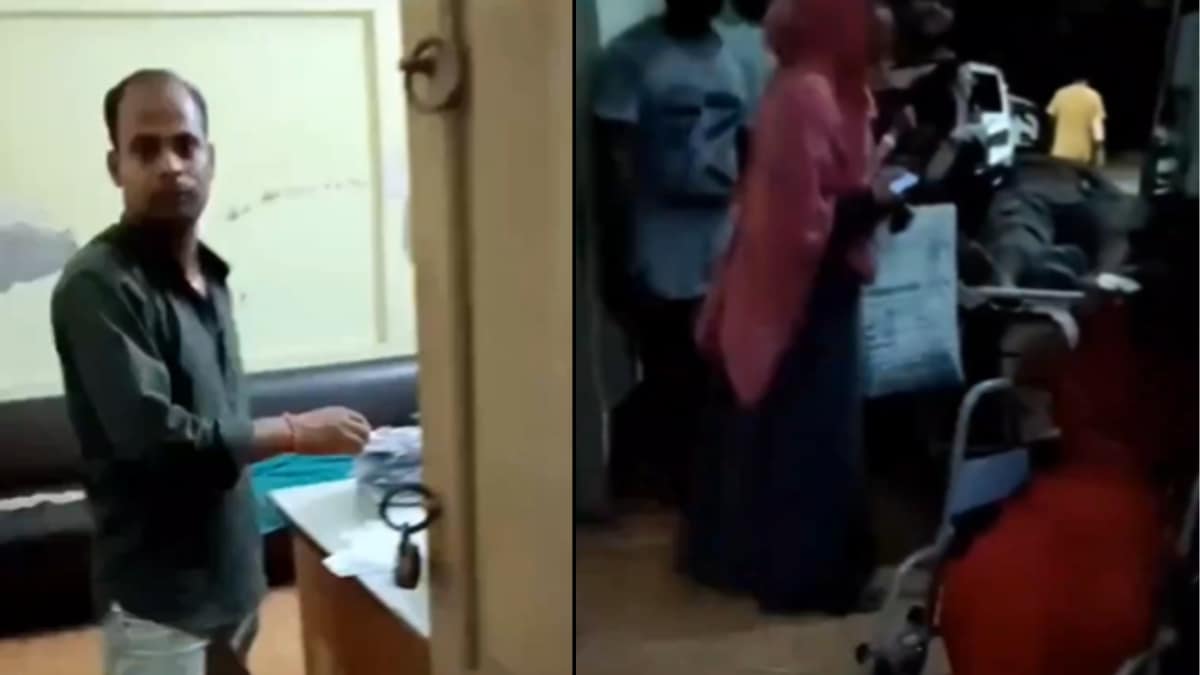The recent surge of sexual assault cases in West Bengal has sparked outrage and raised concerns about women’s safety in the state. Incidents like the molestation of a 14-year-old girl in a hospital CT scan room and the groping of an on-duty nurse by a patient have highlighted the urgent need for stricter measures to protect women and ensure accountability.
The Rise of Sexual Assault Cases in West Bengal
West Bengal has witnessed a disturbing rise in cases of sexual violence. The first day of September 2024 saw multiple reported incidents:
Nurse Molested in Birbhum District
A nurse at a government health center in Ilambazar was forcefully groped by a patient, Sheikh Abbasuddin, while she was on night duty. This incident, along with the others, illustrates a pattern of unsafe environments for women in West Bengal.
Teenage Girl Molested in Howrah Hospital CT Scan Room
The alleged molestation of a 14-year-old girl during a CT scan at Howrah Sadar Hospital by a hospital technician triggered widespread condemnation. This incident is particularly troubling because it occurred in a healthcare setting, where vulnerable patients should feel safe.
Other Cases
Additional cases of sexual assault reported in early September include an allegation of sexual assault by a cousin in Krishnangar and an alleged incident in Madhyamgram involving a Panchayat member.
Political Tensions
The recent wave of sexual assault cases in West Bengal has intensified political tensions. The BJP has heavily criticized the ruling Trinamool Congress government, accusing them of inaction and inadequate measures to curb violence against women. The BJP, in particular, targeted Chief Minister Mamata Banerjee for failing to uphold women’s safety.
BJP Criticism
The BJP IT cell chief, Amit Malviya, issued a scathing attack on Banerjee, arguing that she has not done enough to enforce stringent rules or establish fast-track courts to punish perpetrators of sexual violence.
West Bengal Police Response
The West Bengal Police, however, refuted claims of inaction, maintaining that they uphold “zero tolerance towards offences against women”. They asserted that prompt legal action was taken in every case and that spreading misinformation regarding these incidents was unacceptable.
Challenges to Women’s Safety in Hospitals
These cases raise serious concerns about women’s safety in hospitals, which are supposed to be havens for patients. The incidents expose vulnerabilities in security measures and highlight the need for better protocols to protect patients.
Hospitals: Vulnerable Environments?
Hospitals and healthcare facilities, often seen as sanctuaries, have become places where women are experiencing vulnerability and danger.
The Need for Systemic Changes
The incidents highlight the need for comprehensive solutions to address the problem of violence against women in hospitals. This includes:
- Improved security measures: Implementation of robust security protocols, increased vigilance, and surveillance systems.
- Training and sensitization programs: Mandatory training for healthcare staff to understand gender-based violence, patient rights, and reporting procedures.
- Zero-tolerance policy: Establishing a strong policy with clear disciplinary action against anyone committing acts of sexual violence within hospitals.
- Awareness campaigns: Creating a culture of awareness about sexual harassment and empowering patients to speak out against such incidents.
Take Away Points
The recent cases of sexual assault in West Bengal underscore the urgent need to prioritize women’s safety and take proactive measures to prevent further violence. While the West Bengal Police has highlighted their efforts to address these issues, critics argue that more needs to be done. Addressing this challenge will require:
- Strong leadership and commitment from the government: Ensuring dedicated resources for women’s safety, implementing stricter legislation, and providing support for victims.
- Community engagement: Encouraging open dialogue, breaking the silence surrounding sexual violence, and fostering a culture of respect for women’s rights.
- Social accountability: Holding individuals and institutions accountable for failing to protect women.
It is crucial to remember that sexual violence is a systemic issue that requires a comprehensive approach.




